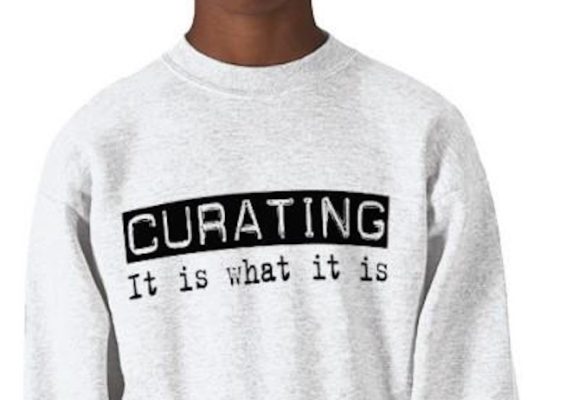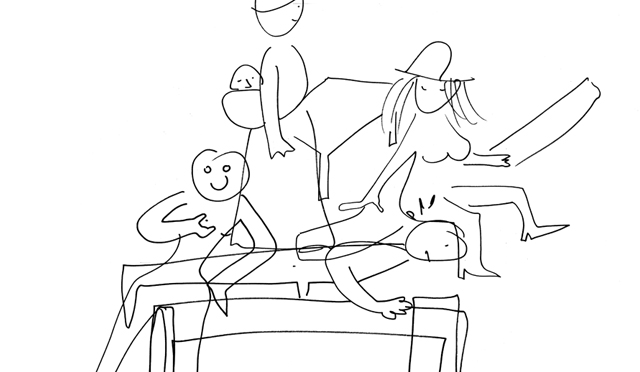Search
To search for an exact match, type the word or phrase you want in quotation marks.
A*DESK has been offering since 2002 contents about criticism and contemporary art. A*DESK has become consolidated thanks to all those who have believed in the project, all those who have followed us, debating, participating and collaborating. Many people have collaborated with A*DESK, and continue to do so. Their efforts, knowledge and belief in the project are what make it grow internationally. At A*DESK we have also generated work for over one hundred professionals in culture, from small collaborations with reviews and classes, to more prolonged and intense collaborations.
At A*DESK we believe in the need for free and universal access to culture and knowledge. We want to carry on being independent, remaining open to more ideas and opinions. If you believe in A*DESK, we need your backing to be able to continue. You can now participate in the project by supporting it. You can choose how much you want to contribute to the project.
You can decide how much you want to bring to the project.

Like everything (or many things) in this 21st century, the figure of the curator fragments and blurs, contracting and expanding, moving ever further beyond; everything that happens seems to be valid and any definitions are still, if possible, more extensive than the practices that constitute them. Singular, private, unique, specialised. It’s impossible to define, without using subordinates or exceptions, something that never repeats itself in exactly the same way.
We’ve wanted to work with this concept or practice of curating, to go one step further in our understanding of it, to try to order or assign it a place though we know it won’t be a definitive one, but at least it will be here as a subject, an agent for thought but also something to think about. Many of those of us who write criticism are or have been also curators. Much curating currently consumes more text than image; it’s not by chance therefore that we refer to it through text, considering practices, approaches, documents or even performances of curating through the written format.
We inaugurate this subject with Sonia Fernández Pan, who brought an interesting twist of subject agents and patients, questioning the material, from the negated position of the object as central. She was followed by an interview by Juan Canela with José Roca, responsible for the project Flora in Bogotá and a prolific curator of biennales and exhibitions in institutions on a grand scale as much as in small, independent centres. The curatorial practice of Roca makes manifest the infrastructural dimension or the capacity to active spaces and working structures that permit the development of artistic contexts on a local level.
Still on the other side of the Atlantic, Paloma Checa interviewed Sol Henaro, “curator of documentary collections and in charge of the Centro de Documentación Arkheia, the bibliographical and document archive of the Museo Universitario de Arte Contemporáneo of the Universidad Nacional Autónoma de México”, whose approach to curating expands the limits introducing into the practice or the definition, the possibility of the archive and its contents as objects of curating.
Raquel Machtus narrated the narration of Alexandra Laudo in her performed curating of the project “An intellectual History of the Clock” and amidst this we slipped in an extra dedicated to the 2016 ACCA symposium with Marina Vives interviewing Federico Campagna..
By chance, things of wise destiny: next Friday 2 December, Monste Badia and Marina Vives, 2/3 of the board of A*DESK will be at MACBA talking about…curating. It will be as part of the presentation Genealogías curatoriales. 26 comisarios/as en diálogo, a book published by Casimiro, conceived and developed by Xavier Bassas. An opportunity to discuss, once again, the figure of the curator. We know from the outset that we won’t reach unanimous acceptance, but you’ll find us there.

A*DESK is a critical platform focused on publishing, training, experimentation, communication and dissemination in relation to contemporary culture and art, which is defined by transversality. The starting point is contemporary art, because that is where we come from and this awareness allows us to go much further, to incorporate other disciplines and forms of thought in order debate issues that are relevant and urgent for understanding our present.
"A desk is a dangerous place from which to watch the world" (John Le Carré)